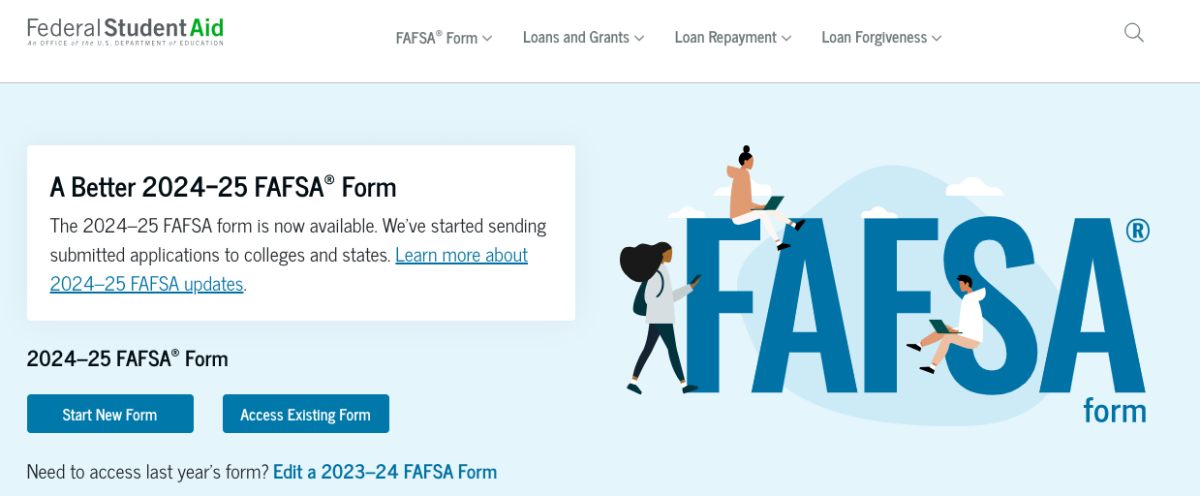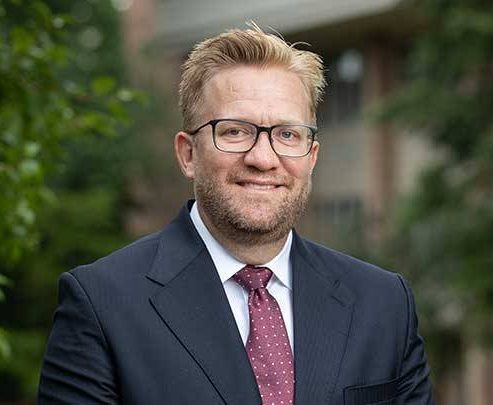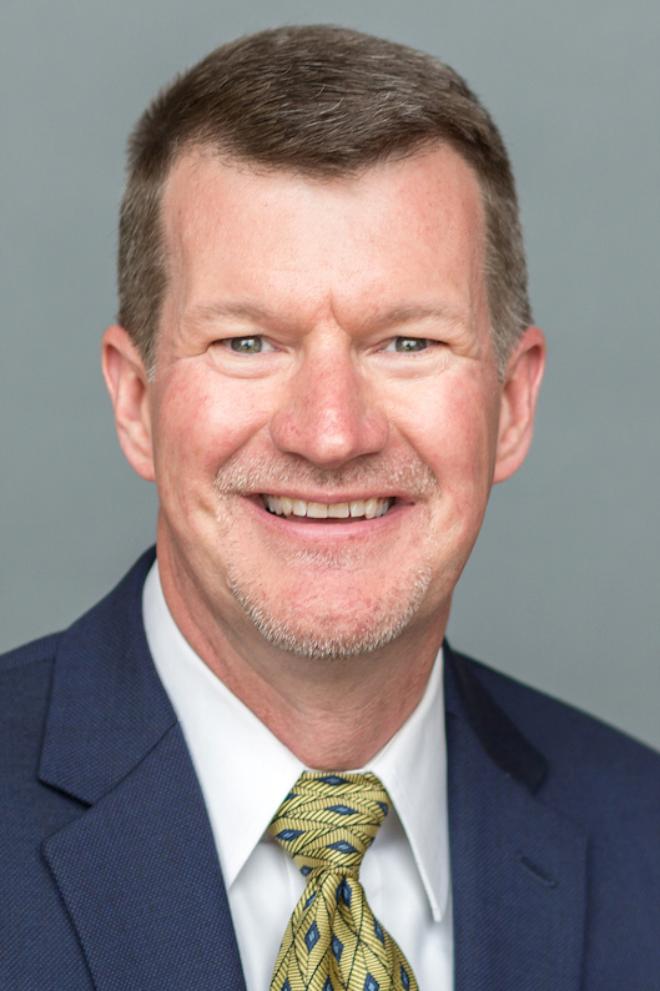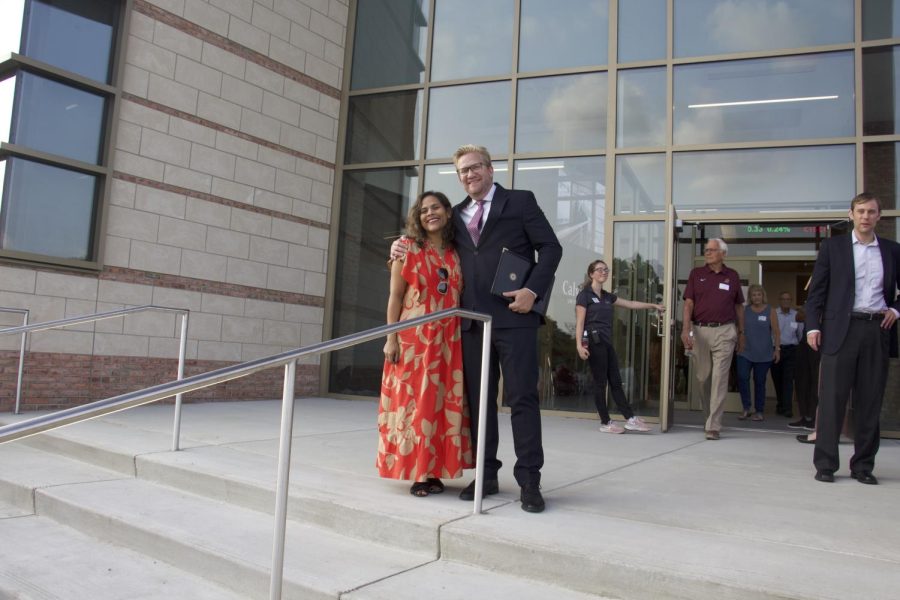After several months of task force meetings which included both faculty and administrators last year, recommendations from Calvin’s shared governance review process are now being implemented.
Calvin’s Committee on Governance (CoG) is mandated to review Calvin’s governance structure every five years and monitor changes between formal review processes. Since the last governance review in 2017, Calvin has undergone numerous changes, including the switch from college to university, significant faculty and staff cuts, the end of interim and the ongoing shift in the credit system.
David Koetje, chair of faculty senate and professor of biology, said that the main goal of the recent governance review was to promote a system of shared governance. “Ideally, administrators make decisions within a shared governance. So some of those decisions have to be shared between them and trustees, sometimes between them and faculty and staff, and students.”
Jolene Vos-Camy, professor of French and former vice-chair of Faculty Senate, emphasized a historical continuity behind the idea of shared governance. “Historically, professors were actually very involved in making decisions,” Vos-Camy told Chimes. In Calvin’s early days, faculty were involved in promoting enrollment, promoting Calvin and “helping run the place” Vos-Camy said. With all of Calvin’s recent changes, professors are looking to preserve some aspects of the earlier model. “Professors want to have some influence in where the money gets spent, just like any worker who cares about their company,” said Vos-Camy.
Changes to university governance include the eventual dissolution of the Planning and Priorities Committee (PPC). Vos-Camy said the “path forward was not clear” on how the PPC should be replaced. However, some of its roles will be shared between the new Strategic Investment Team and Academic Investment Team. According to Provost Noah Toly, these teams will “help the institution to make data-informed, disciplined and wise decisions about the allocation of resources.”
Sarah Visser, vice president for student experience and strategy, told Chimes that the Strategic Investment Team “will act as a hub to receive ideas and proposals” while the Academic Investment Team “will be delegated responsibility to review and contribute ideas that are focused on fostering a vibrant student experience.”
The Workplace Quality Taskforce — which has been housed under the PPC — is going to become the Employee Well-Being Committee (EWBC). According to Koetje, this committee will “conduct workplace quality assessments and make recommendations via the Human Resources office to improve the campus climate for employees.”
Another product of the shared governance review is that President Boer is no longer the chair of Faculty Senate. In previous years, a faculty member had held the position of vice-chair, while the university president chaired the body. Now, a faculty member chairs the body and, according to Koetje, is a member of the president’s cabinet. Koetje said that it’s unusual for a university president to chair the faculty senate meetings, and that Calvin had been told during previous accreditation reviews that it was “kind of weird.” According to both Koetje and Vos-Camy, the change was uncontroversial and came with the full support of President Boer.
Jamie Smith, faculty senator and professor of philosophy, told Chimes that he sees the fact that the president is no longer chair of faculty senate as a “titular change.” During the 20 years Smith has been at Calvin, “after opening the meeting, the president’s first act was always to hand the gavel to the vice chair,” Smith said.
A potential future addition to the shared governance model would be the addition of an ombudsperson. An ombudsperson would be someone who could come in from outside Calvin and adjudicate some disputes. It’s important for the ombudsperson to be “someone who has a lot of credibility within the institution,” Koetje said. Therefore this role would likely be filled by a retired Calvin faculty member who is no longer on the university payroll.
According to Koetje, the CoG will provide “further tweaks” to the system in the spring. After these changes have been implemented, they hope to create a “flowchart that clarifies how Calvin’s governance processes work: identifying responsibilities, information flows, consultative expectations and decision-making steps,” Koetje said.












